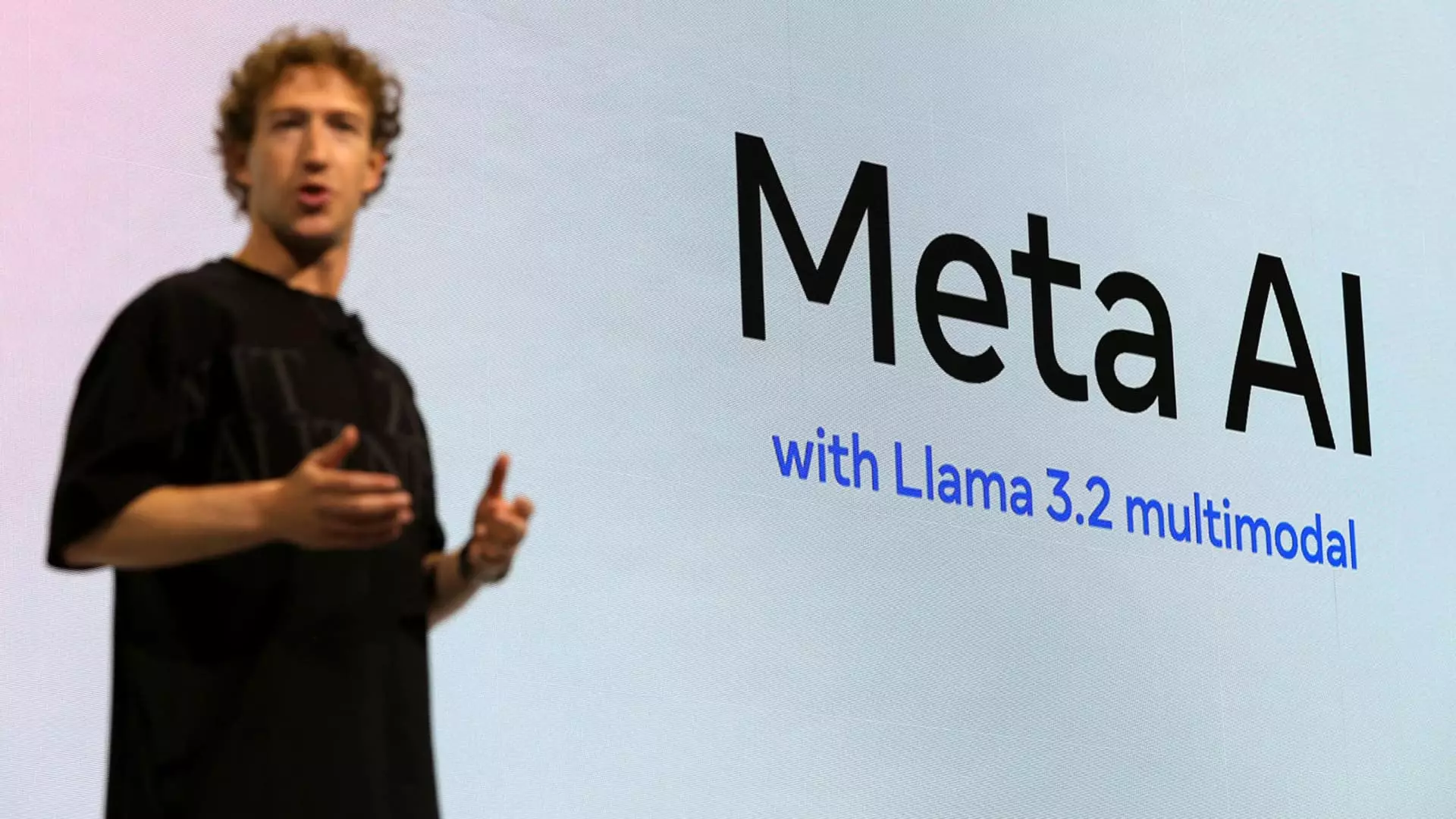In a pivotal ruling, U.S. District Judge Vince Chhabria sided with Meta in a lawsuit brought by a group of authors, including notable figures like Sarah Silverman and Ta-Nehisi Coates. The case centered around Meta’s use of copyrighted texts for training its Llama artificial intelligence model, igniting a fierce debate about the ethical boundaries of fair use doctrine. While Chhabria upheld Meta’s argument that its actions fell within the protective realm of fair use, the judgment could be seen as a haphazard endorsement of corporate interests at the expense of creators’ rights.
The crux of the matter lies in the judge’s interpretation that Meta’s large language models (LLMs) represent a transformative use of the material, thus sparking an argument that holds water despite its inherent flaws. After all, arguing that copying works without permission is permissible because the end product is “transformative” rings hollow in the face of the authors’ grievances. How can we speak of innovation when it comes at the cost of intellectual property, as if authors owe a debt of creativity to tech giants who leverage their work?
The Pitfalls of Market Harm Assessments
One of the most troubling aspects of this ruling is the assertion that the plaintiffs failed to establish that Meta’s practices resulted in market harm. Chhabria’s dismissal of their claims as “half-hearted” and flawed raises uncomfortable questions. Do we really understand the implications of AI’s encroachment upon creative spaces? The authors argued that Meta’s unauthorized usage could undermine their sales and dilute their brand. Yet, the court ruled that they couldn’t definitively prove any substantial market threat—a decision that suggests a disconnection from the realities faced by those within the creative industries.
Whether one agrees or disagrees with the fair use doctrine as it currently stands, the broad strokes of this ruling appear to allow large corporations to exploit intellectual property without just compensation to the original creators. The ever-elusive balance between innovation and ownership rights continues to tilt precariously in favor of corporate entities, further marginalizing authors who rely on their written works for a livelihood.
Open-Source AI: Innovation or Exploitation?
Advocates of open-source AI often claim it fuels innovation and creativity—a notion that sounds appealing but warrants skepticism. In the aftermath of the ruling, a Meta spokesperson happily proclaimed that the decision facilitates “transformative innovations.” However, when such innovations are built on the backs of authors’ sweat and toil, we must question whether this transformation is genuinely beneficial. The idea that businesses should freely utilize copyrighted works to advance technologies, without so much as a nod to those who originally created the content, threatens to erode the foundational respect for intellectual property rights.
Interestingly, while this judgment applies only to the 13 authors involved in this case, Judge Chhabria conveniently highlighted that there is potential for others to pursue similar litigation against Meta. Yet, this leaves a chilling notion hanging in the air: if other authors decide to file lawsuits, will they face the same uphill battle against a legal framework that seems intent on favoring corporate giants?
A Precarious Future for Creators
The ruling not only embodies a fragile victory for Meta, but it also casts a shadow over the broader landscape for writers and artists. It seems an implication persists that genuine innovation will falter if corporations are burdened with compensating creators for their work. This is a deeply problematic perspective, one that undermines the value of intellectual contribution in the creative field. It positions the creators themselves as barriers to progress rather than vital participants in a symbiotic relationship with technology.
As the legal battle continues, with the ongoing separate claim involving Meta’s alleged distribution of pirated works, the future of copyright law remains uncertain. This saga illustrates a growing tension between technological advancement and the protection of creative rights. Fair use should not become a blanket cover for exploitation. We must re-evaluate our stance on copyright as we navigate an increasingly AI-driven world and forge an ethical path that respects the upstream sources of creativity. As this ruling stands, one can only hope that it sparks a more significant dialogue on how we can nurture both innovation and respect for the intellectual work that powers it.


Leave a Reply